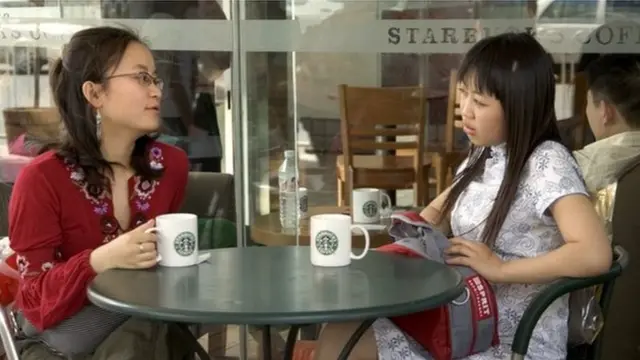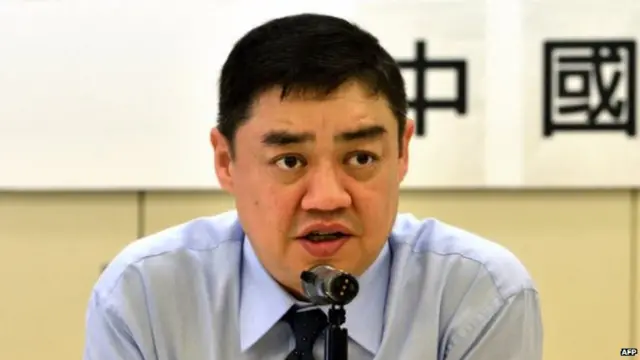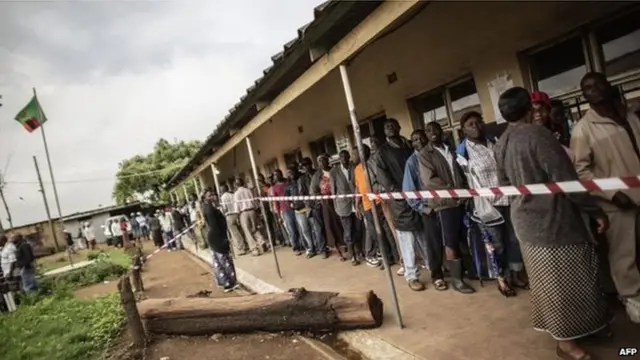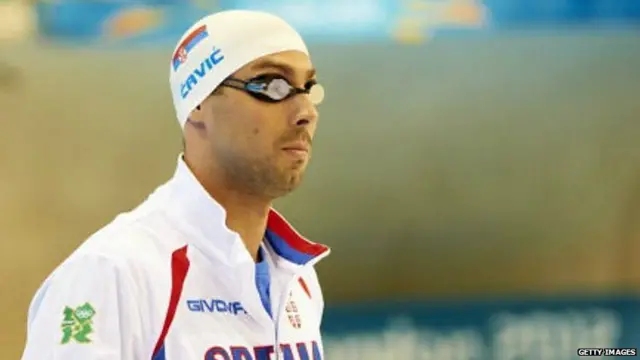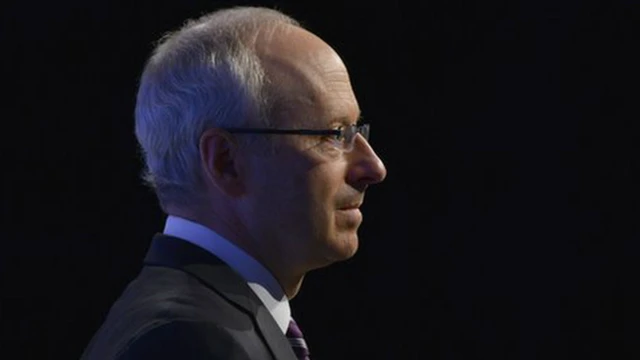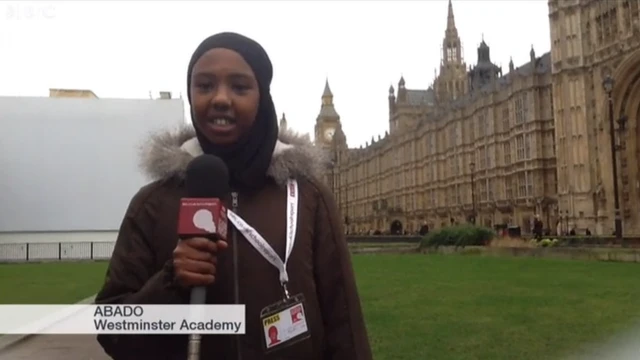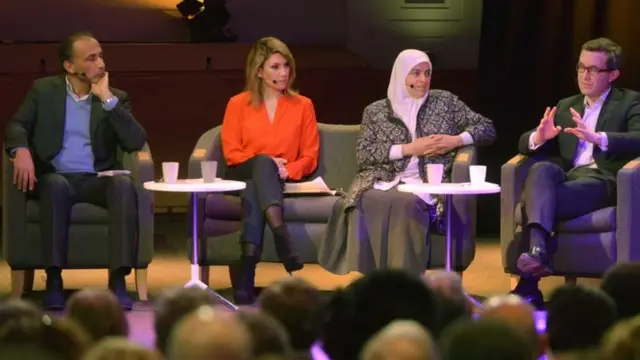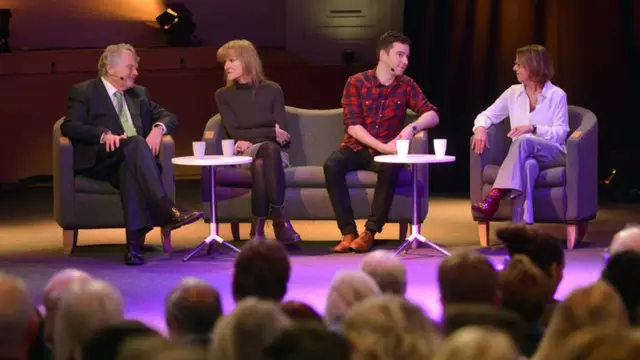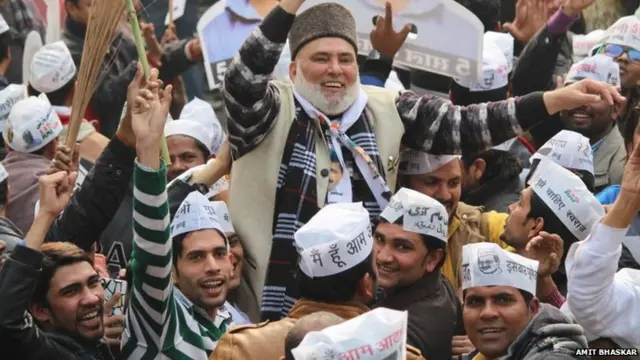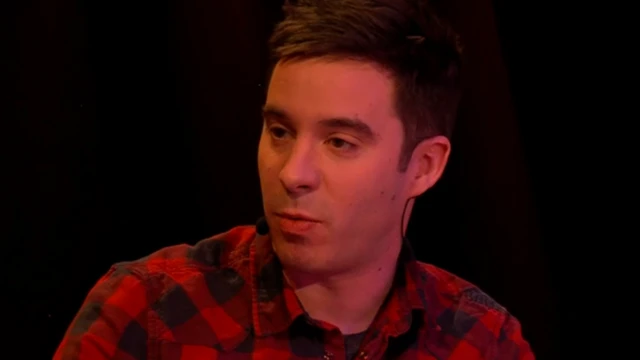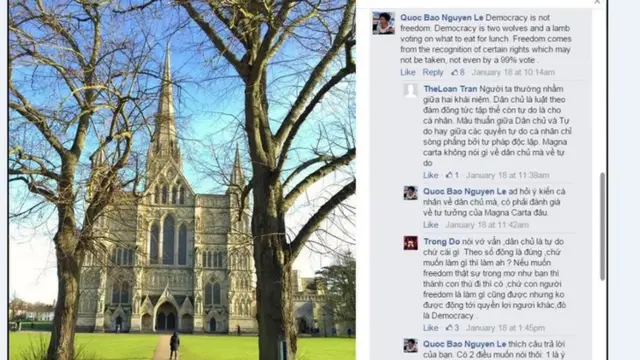Radio 4 PM Programmepublished at 16:10 GMT 20 January 2015
Have TV shows like House of Cards, The West Wing and Borgen aided our understanding of what makes politicians tick - or have they fostered a cynicism and growing disenchantment with the mainstream parties?
From 17:00 GMT, BBC Radio 4's PM programme talks to politician Lord Dobbs, who wrote House of Cards, and Professor Steven Fielding, author and University of Nottingham political expert.
